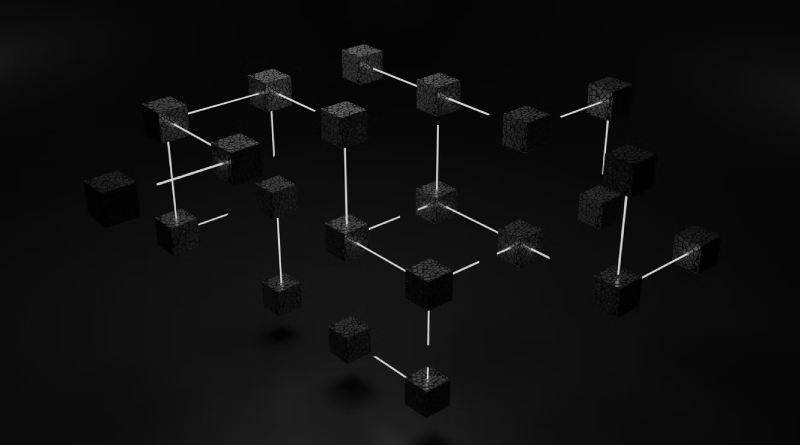Blockchain technology shapes the future of 21st-century education as university-based innovation centers, and certification courses will be launched in the country to increase and encourage technological skills for students.
“We want to increase the knowledge and skills of our workforce to develop the use of blockchain by teaching our students the skills in universities. We need to use and adopt blockchain even in the government sector,” Dr. Enrico Paringit, the executive director of the Department of Science and Technology – Philippine Council for Industry, Energy, and Emerging Technology Research and Development (DOST-PCIEERD), said during the Nascent Technology Summit organized by Digital Pilipinas (DP).
Meanwhile, the Digital Pilipinas Academy partnered with Singapore-based certifying authority Affinidi to provide micro-certification courses on AFIN’s APIX Oxygen platform.
“This year, we want to emphasize micro education and micro education. The country’s education system has shifted tremendously. We no longer see our children taking up the traditional four or eight-year college courses but instead look at technological skills that are easy to acquire, with immediate certification,” DP lead convenor Amor Maclang said.
Maclang added that her group would collaborate with educational institutions and large businesses to launch an internship allowing students and career shifters to work with corporations for a year. This experience aims to provide relevant skills while guaranteeing that students will be Web 3.0 certified after graduation.
“Many might not intend to take long-term classes … they can learn on-demand from market leaders. In this decentralized world, the learning barriers are not as formidable as they used to be.” Maclang said.
The DOST-PCIEERD and DP signed a memorandum of understanding to establish university-based innovation centers across the country.
Partners from the technological and engineering school of Mapua University, DOST-PCIEERD, and Digital Pilipinas also entered into a tripartite partnership to launch the Think and Tinker Laboratory – Technology Business Incubation (TBI) program, which is a pilot project for the university-based innovation center that aims to encourage education/industry/government collaboration on the blockchain, cryptocurrency, API, open finance, education technology, and other emerging technologies.
During the official signing, DOST Secretary Fortunato de la Peña, Dr. Paringit, and DP convenor Amor Maclang. Sopnendu Mohanty, Chief Fintech Officer at the Monetary Authority of Singapore (MAS), witnessed the ceremony.
Philippines ready for Web 3.0?
Meanwhile, according to Todd Schweitzer of open finance technology solutions provider Brankas, the Philippines is an attractive target for Web 3.0 due to many digital banks offering investment opportunities.
He added that 70% of the adult population remains unbanked while many maintain a bank account, and they are still underserved.
“They get their salary, and they take the money out. With the growth of play-to-earn games such as Axie infinity, we see a lot of Filipinos, especially younger ones, building wealth with the use of cryptocurrencies and providing APIs that allow the growth of these economies using blockchain technology. Web 3.0 plays a significant role in decentralizing and democratizing assets,” Schweitzer said in a discussion.
Based on blockchain data platform Chainalysis, the Philippines ranked third in Southeast Asia last year in digital asset adoption.
